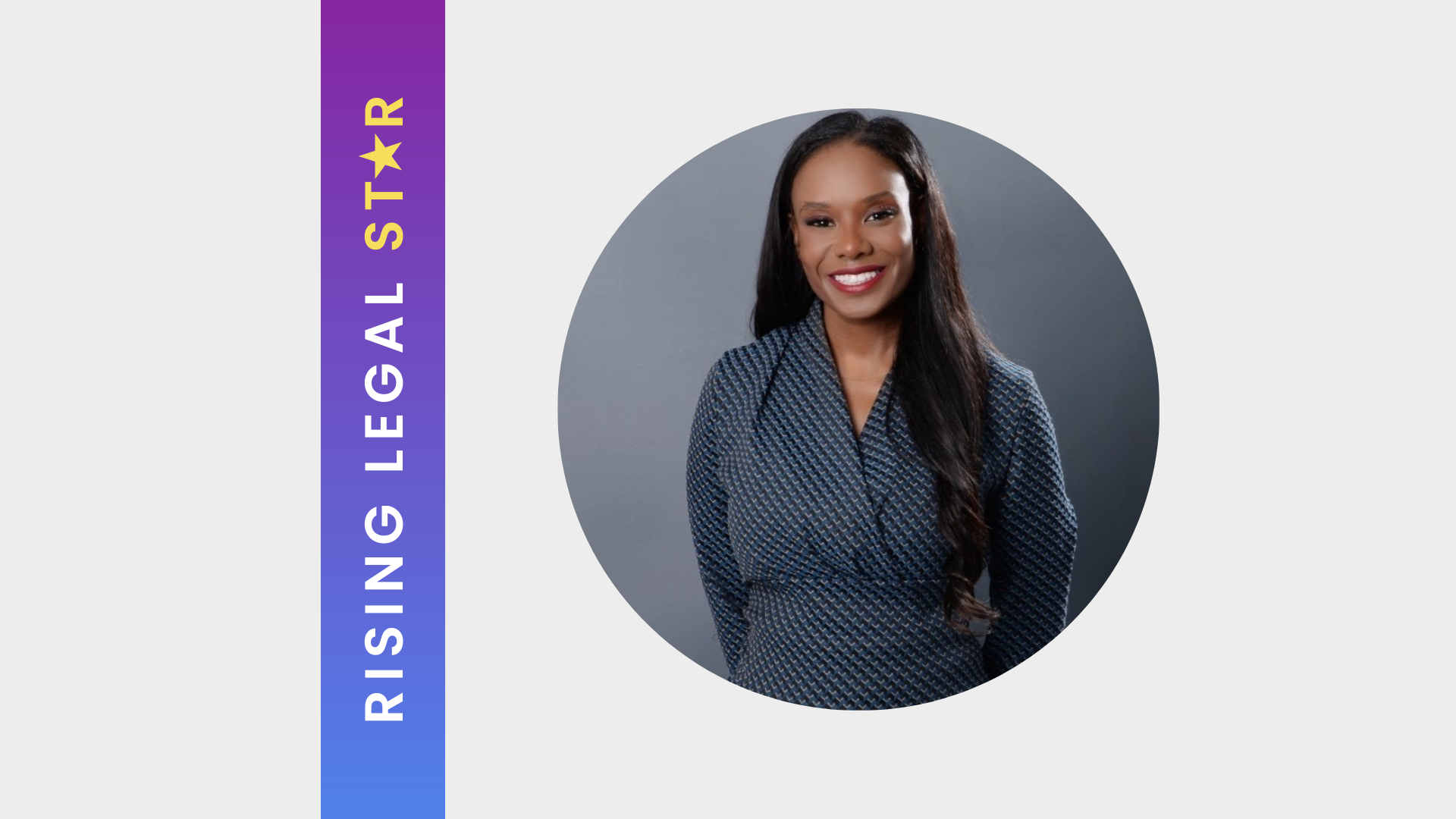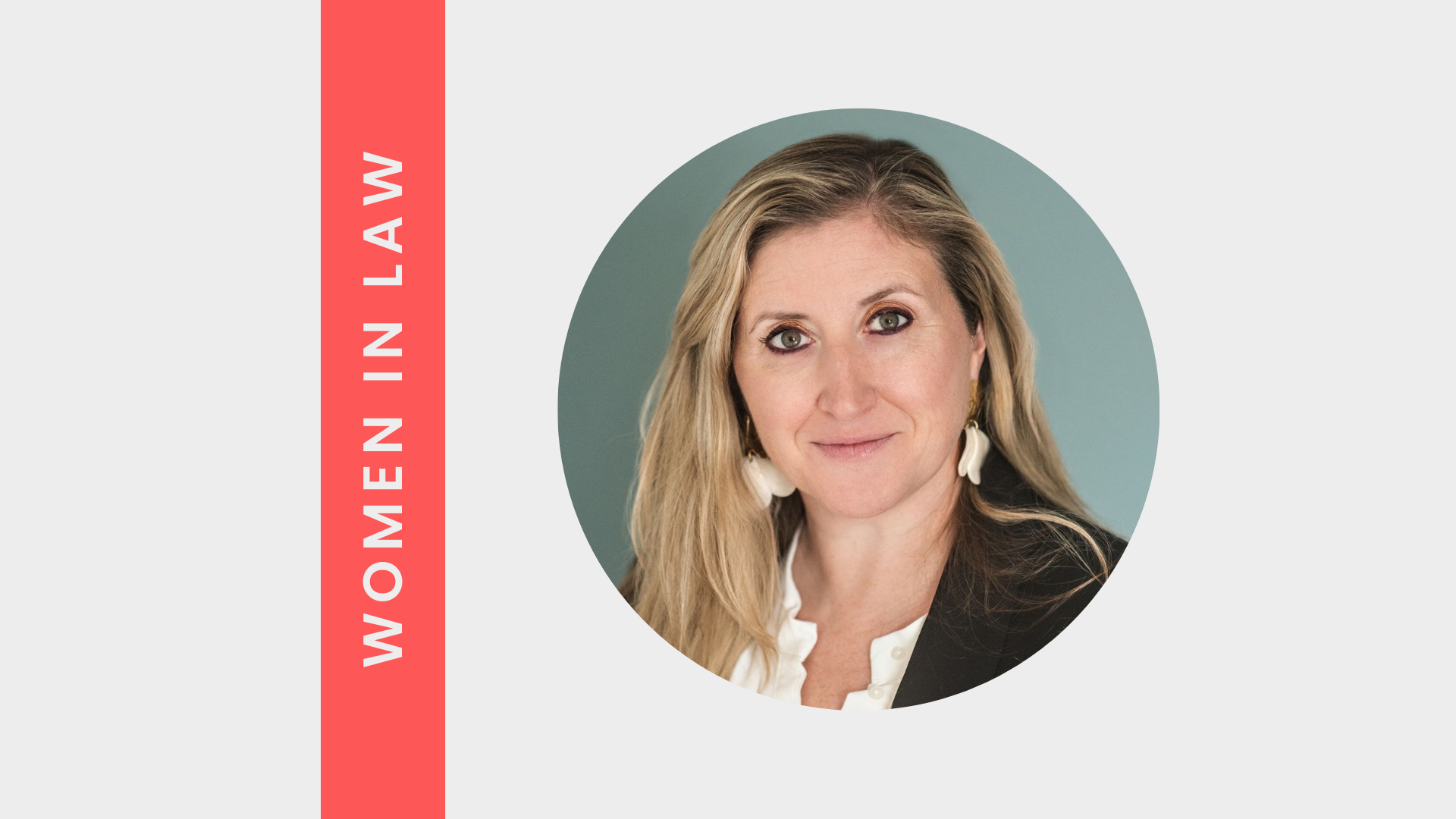We've always said “disrupt or be disrupted” – we weren’t expecting this!
Our CEO, Ian Temple, caught up with Adam Hawkins from LinkedIn recently, about how we have dealt with change at Hydrogen Group this year – what we did, what we’ve learned and where we’re going next.
How do you lead your people with integrity through a crisis?
“Disrupt or be disrupted” is a common refrain at Hydrogen Group, but I don’t think any of us were quite ready for the events of 2020. From the financial crash of 2008 to the plummeting of oil and gas prices in 2014, I thought we’d weathered just about every kind of storm we could!
The first few months of the pandemic were a blur of risk assessment, Microsoft Teams calls, and serious conversations. Now, as we appear to be falling into a new way of life, I have a little more time to ruminate on everything we’ve learned – and am keen to speak to others in the industry about their experiences. Here I am interviewed by LinkedIn’sAdam Hawkinsaround what we did at Hydrogen Group, what we’ve learned, and where we’re going next.
To start, can you share a brief overview of your business and some of your priorities?
We’re a global business, with thirteen offices around the world - across Europe, Asia, Australia, and our youngest in the US. We specialise in niches where there’s an imbalance in supply and demand, where we think we can really make a difference. At the start, our strategy was to target newly-qualified accountants, letting our clients know we had top talent available. Very quickly, we became a top three supplier in that market, which led to other professional services like legal and business transformation – particularly tech. We grew quickly – after the financial crash hit in 2008, we moved into different markets like oil and gas and life sciences – our biggest growth area globally, and particularly interesting in light of the pandemic.
You were leading the business during the last financial crisis, but the global pandemic is a different challenge. As CEO, how have you dealt with that?
There are parallels, but it’s also quite different. Our conversion ratios haven’t changed much, whereas in the financial crash we had to do twice as much work to get the same number of placements. To be practical, you have to focus on what you can change and influence, and ensure you’re communicating with your people. At the start of the pandemic, we quickly came up with three core principles:
- Keep as many roles as possible.
- Make decisions that would help the business to bounce back in a strong position.
- Act as fairly and humanely as possible in all of our dealings – both internally and with our contractor population.
Reputation matters; people will judge us on the decisions made at times like these. These principles allowed us to get our heads around what we were doing and why we were doing it.
Many CEOs I’ve spoken to say the strength of their culture and the ability to communicate actively has carried them through. Has your culture helped or hindered you?
Our culture has become stronger because our people have rallied around and supported each other. Through regular CEO updates, our previously regional business has started to feel much more global. Before the pandemic, we ran a trial initiative in Europe called ‘I Own My Time’, allowing people to manage their hours and work when they wanted to – a very different story to when I first got into recruitment! It was met with some scepticism from managers, but having more transparency, freedom, and accountability had a big impact.
The principle of people ‘owning their time’ is about trust and empowerment. Many companies are fearful that their culture is built on presenteeism; it’s ironic now that people are seeing each other less but feel more connected. What do you think your business will look like moving forward in terms of how people will be working?
It’s interesting, when I came into the office for the first-time after lockdown I felt really re-energised from doing something different and seeing people – I think we need a balance of the two. Most people in this industry thrive on being around others, so it’s about catering to that as well. There were years where we judged ourselves for how many people were in the office. Now it’s about what we’re achieving and doing for our clients and candidates, and how they rate their experience of working with us through our Net Promoter Score.
One of the first things you said was about conversion so I’m going to assume you’re a leader that likes metrics and detail?
My background many years ago is in accounting, but the magic in recruitment is when you get the people side right and the metrics right. Most businesses want to be one or the other, but we want to be both and that’s our challenge. I use the analogy of going to the gym – you want to set yourself goals and targets for what you want to achieve, and your manager is there to tell you what you need to do to get there.
From what you’ve seen on the metric side, what’s your feeling on whether recruiters can perform from home – are they productive?
The evidence we’ve got so far is that people can be productive if you have the right conversations and the right information. We found it easier to have the right information by having people working from home showing what they’re doing; it has helped them understand their own pipeline a lot better – what’s important and what’s not. There’s no doubt that some people have been more productive and more focused – whether it continues post-lockdown will be interesting. Ultimately, you can set your own level of success and achievement and learn about yourself during this crisis.
Do you think businesses need to become more data literate and tech-savvy in order to track performance?
Definitely. We’ve spent time and money over the last year trying to get better at it. Obviously, it starts with capturing data effectively and we try to learn from what’s around us – LinkedIn for example! Ours is pretty good compared to others, but we’re just at the start of what we will see over the next five to ten years in terms of what data will do for people.
Changing focus now, recent events have triggered everyone – individually and as a business – to reflect on diversity, inclusion and belonging. How’s that been for you and your business?
We know that if we aren’t careful in these moments, our voice won’t be powerful. But with different issues and different legal and political frameworks in many of the countries in which we operate, saying something powerful and thoughtful becomes complicated. We have run campaigns around the world on different areas of diversity over the last few years and what I’ve learnt is that talking about it and providing resources so others can learn is the most sensible thing. It’s raised our awareness and I do see us as being on the frontline of the diversity and selection challenge. For our clients, they really care about their diversity so to do a good job for them is really important. Now we’re thinking about what we can do over the next few years that’s tangible and measurable, something that will really make a difference rather than a quick response.
It’s refreshing to hear you have focused on these important conversations. As a business you can’t begin to positively impact diversity, inclusion and belonging until it becomes an open and transparent subject.
You’re right, and actually we did a call across Europe and the US to discuss how it’s treated differently – the best thing is that we were all talking about it, the organisation has normalised talking about it and I underestimated the importance of that, particularly in the States.
The recruitment industry is still challenged with women in leadership; this is my ninth executive interview and we’ve only had one woman so far. How does the industry look to change that?
We have developed a lot of senior women over the years, but we still have a long way to go. Is it about the equality of opportunity or the equality of outcome? Why have we ended up with an outcome where we’ve got more male leaders? We’re still challenging ourselves heavily on that. As an industry, I’m surprised we haven’t progressed more by now. Paternity leave, shared parental leave, and these things help but it still feels like there’s a long way to go. To get to the next level, we want different people with different views, experiences, behaviours and skills. Decision making is so much more powerful when it is based on a wider range of views.
Finally, Ian, what’s been your biggest takeaway going through this economic shock and how will your business look as a result of that?
It just speeds up change, doesn’t it? Our last business plan went up to 2022, entitled ‘Disrupt or be disrupted’ – although we didn’t expect this level of disruption! It’s forced us to really consider what’s important and where we’re going next. Although it’s really unpleasant, so many of us will learn and develop from this – it’s an unbelievable experience to live through. As a business, it’s made us realise it is even more important to be agile. We know now that certainty doesn’t exist, and the world isn’t going to stand still for you. Keep learning, keep developing and be honest about where you are so you can move yourself forward.
Do you share my view on the importance of data literacy in organisations? Are we progressing fast enough on diversity within our industry? What comes next?
Our latest insights







